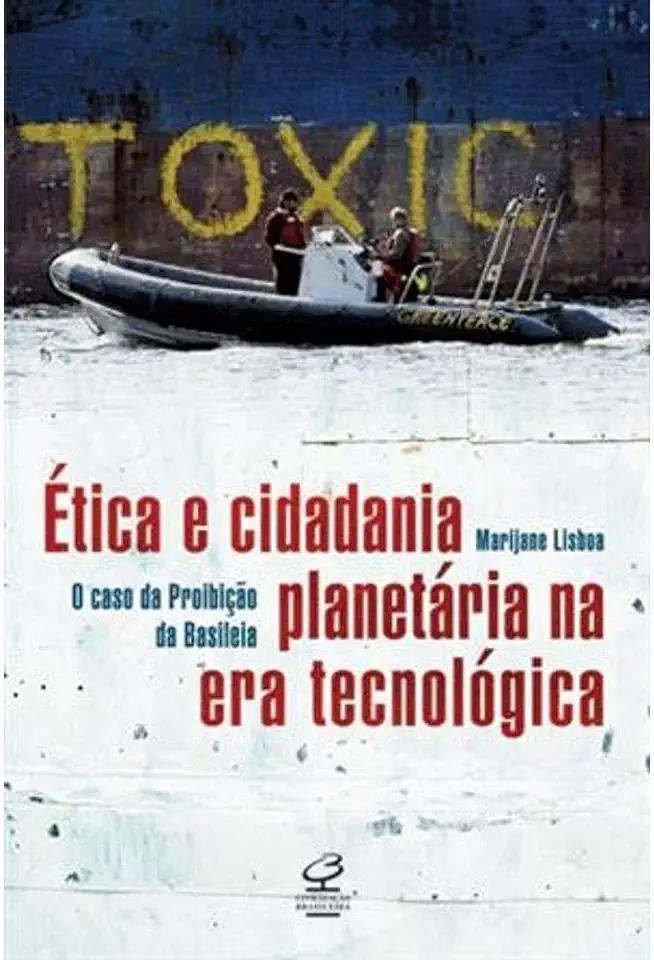
PLANETARY ETHICS AND CITIZENSHIP IN THE TECHNOLOGICAL ERA - Marijane Lisboa
Planetary Ethics and Citizenship in the Technological Era: A Comprehensive Exploration of Our Moral Obligations to the Earth and Future Generations
In the face of unprecedented environmental challenges and technological advancements, Marijane Lisboa's groundbreaking book, "Planetary Ethics and Citizenship in the Technological Era," emerges as a beacon of hope, offering a profound exploration of our moral obligations to the Earth and future generations. With meticulous research and compelling arguments, Lisboa presents a comprehensive framework for understanding and addressing the ethical dilemmas posed by our rapidly changing world.
Embracing a Planetary Perspective:
Lisboa begins by urging us to adopt a planetary perspective, transcending narrow national and cultural boundaries to recognize our interconnectedness with all life on Earth. She argues that the concept of planetary citizenship demands a profound shift in our thinking, requiring us to view ourselves as responsible stewards of a shared global environment.
Navigating the Ethical Challenges of Technology:
In an era marked by rapid technological advancements, Lisboa delves into the ethical implications of emerging technologies, such as artificial intelligence, genetic engineering, and climate modification. She examines the potential benefits and risks associated with these technologies, emphasizing the need for responsible innovation and ethical decision-making.
Promoting Environmental Justice and Sustainability:
Lisboa passionately advocates for environmental justice, highlighting the disproportionate impact of environmental degradation on marginalized communities. She calls for transformative policies that prioritize sustainability, reduce inequalities, and ensure that the benefits of technological progress are equitably shared.
Cultivating Global Solidarity and Cooperation:
Recognizing the urgency of global challenges, Lisboa emphasizes the importance of international cooperation and solidarity. She proposes innovative mechanisms for fostering collaboration among nations, businesses, and individuals, underscoring the need for a collective response to the environmental crisis.
Empowering Citizens through Education and Engagement:
Lisboa places great emphasis on the role of education in shaping responsible planetary citizens. She advocates for educational programs that foster critical thinking, environmental awareness, and ethical decision-making skills. Additionally, she encourages active citizenship, urging individuals to engage in advocacy, activism, and sustainable practices.
A Call to Action for a Sustainable Future:
"Planetary Ethics and Citizenship in the Technological Era" serves as a clarion call for action, inspiring readers to embrace their role as planetary citizens and work towards a more just, sustainable, and ethical future. Lisboa's thought-provoking analysis and practical recommendations provide a roadmap for navigating the complex ethical challenges of our time, empowering us to create a better world for ourselves and generations to come.
Conclusion:
Marijane Lisboa's "Planetary Ethics and Citizenship in the Technological Era" is a must-read for anyone concerned about the future of our planet. With its comprehensive exploration of ethical issues, compelling arguments, and actionable insights, this book is an invaluable resource for scholars, policymakers, educators, and all those committed to building a more sustainable and ethical world. Join the movement towards planetary citizenship and embrace your role in shaping a better future for all.
Enjoyed the summary? Discover all the details and take your reading to the next level — [click here to view the book on Amazon!]